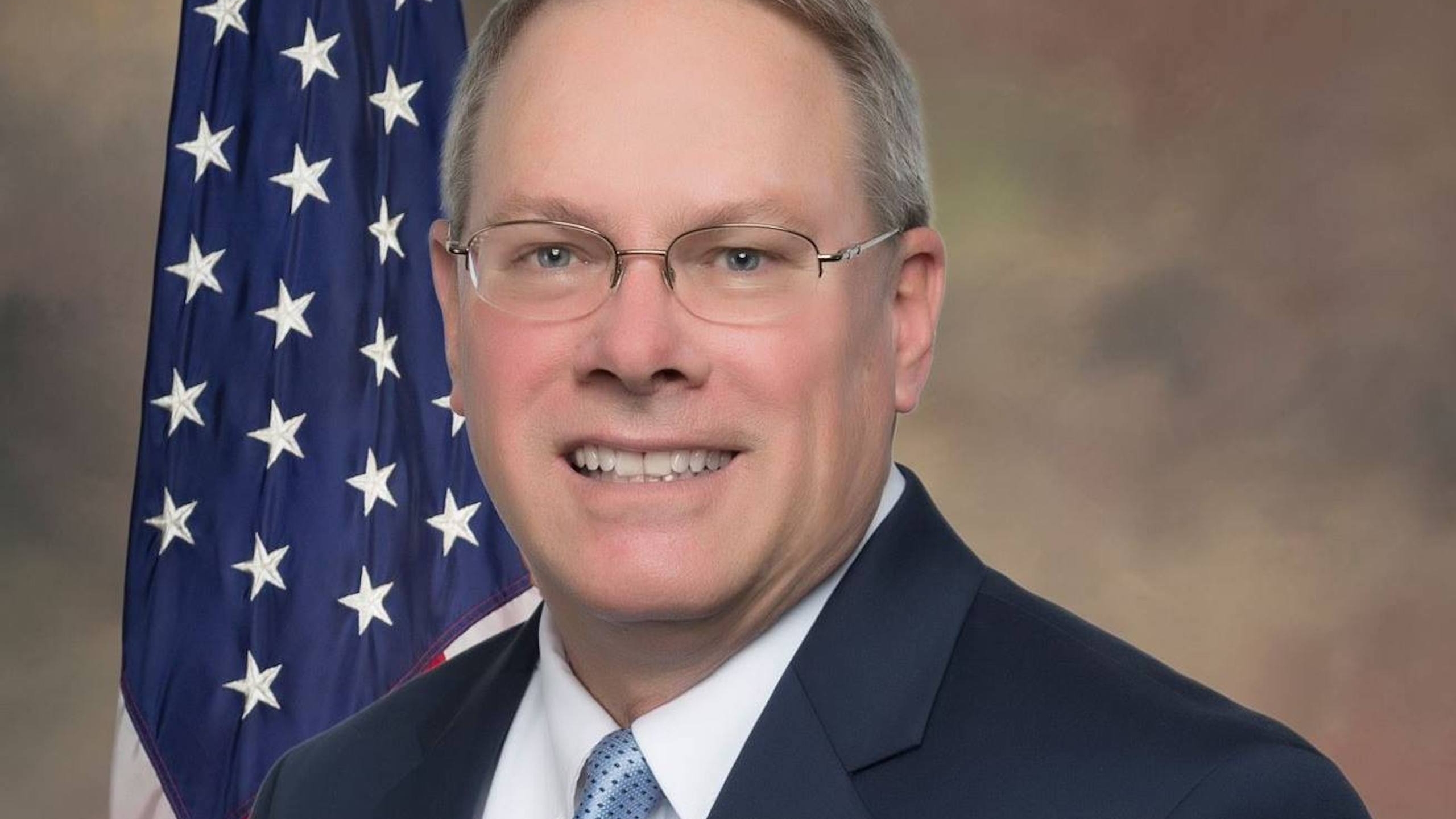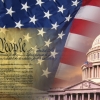Here’s a question for State Rep. Ed Oliver, sponsor of Alabama HB 7, the “divisive concepts” bill. If it passes, will Alabama teachers be allowed to talk about Selma and Bloody Sunday? Or will they, like the late John Lewis and the other protestors, be treated like lawbreakers?
I ask because we just finished our annual celebration of Selma, commemorating the courage, strength and resiliency of the peaceful voting rights marchers 58 years ago. Peaceful, even while being assaulted and beaten by a phalanx of Alabama law enforcement.
What happened to them – and what it said about Alabama in 1965 – is a truth that needs to be remembered. Needs to be taught in every classroom, every year, across the state.
But the way HB 7 is written, it’s not clear if teachers will be allowed to talk about what happened on the Edmund Pettus Bridge that day. Here’s the section of the bill that defines what Oliver wants to be considered “divisive concepts.”
“a. That any race, color, religion, sex, ethnicity, or national origin is inherently superior or inferior.” Amen – except I would have used the term “gender” instead of sex. But let’s move on.
“b. That individuals should be discriminated against or adversely treated solely because of their race, color, religion, sex, ethnicity, or national origin.” Another hardy Amen.
“c. That the individual moral character of an individual is solely determined by his or her race, color, religion, sex, ethnicity, or national origin.” Poorly worded – “the individual moral character of an individual?” But I get the point. Moving on.
“d. That solely by virtue of an individual’s race, color, religion, sex, ethnicity, or national origin, the individual is inherently racist, sexist, or oppressive, whether consciously or subconsciously.” Amen again.
“e. That individuals, by virtue of race, color, religion, sex, ethnicity, or national origin, are inherently responsible for actions committed in the past by other members of the same race, color, religion, sex, ethnicity, or national origin.” Absolutely right. No living person can or should be blamed for the actions of their ancestors.
“f. That fault, blame, or bias should be assigned to a race, color, religion, sex, ethnicity, or national origin, or to members of a race, color, religion, sex, ethnicity, or national origin, solely on the basis of race, color, religion, sex, ethnicity, or national origin.” Huh? Talk about convoluted construction of a sentence. So, a group, or member of a group, can’t be faulted, blamed or considered biased solely because they are a member of that group. Maybe regarding race, color, sex (gender) and ethnicity, but not with religion and national origin. Both, arguably by definition, express bias against those with opposing views – or at least a preference for people of their own group, which implies a bias against others. This needs work.
“g. That any individual should be asked to accept, acknowledge, affirm, or assent to a sense of guilt, complicity, or a need to apologize solely on the basis of his or her race, color, religion, sex, ethnicity, or national origin.”
Ah. Here we go. This is the reason HB 7 was drafted. In rough summary, white people don’t need to acknowledge or correct the impact of the wrongs done by their ancestors. Same for males, Christians, straight people or any other historically powerful group.
The problem with this position is that whites in America have had a head start of at least 346 years. Start with 1619 when the first African slaves were brought to these shores, weave your way through 246 years of legal slavery, and another 100 years of post-slavery struggles that peaked with Jim Crow, lynchings, rapes, etc., and ends with the passage of the 1965 Voting Rights Act.
And even that wasn’t the end of white supremacy, as history teaches and journalism continues to reveal.
The same logic applies to the historic advantages enjoyed by males, Christians, and straight people.
All people may have been created equal. But all haven’t received equal opportunities or treatment. Not in these United States. Not in Alabama.
Selma shows us how those unjust realities didn’t destroy our state or this nation. It was the commitment to peaceful protest, built on the idea of unconditional love – even for one’s enemies – that saved us.
That’s the antithesis of divisiveness. And it’s a lesson our children need to be taught, now more than ever.




















































